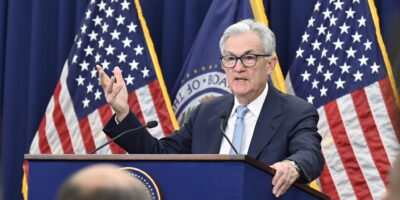Why sound money?
In recent posts, George Selgin (here and here) criticizes anthropologist David Graeber for sustaining that anthropological discoveries debunk long standing core economic beliefs. A superficial reading of economics might suggest that this discipline upholds that transactions occur either in the form of barter or with the aid of money. The reason for this dichotomy is not to reject the idea of any other type of exchange (for instance, through gifts), but to emphasize the role of money in a large society. While Selgin is very clear in answering to Graeber’s position, his posts got me thinking about why money is so important in economics and why sound money is so important.
Economics is not about money– economics is about understanding how large and complex societies regulate themselves, or fail to do so, in a virtuous way that promotes the creation of wealth. Money does play an important role in this development. In smaller societies, close and often intimate relationships amongst members allow for favor and gift exchanges. Usually, monetary exchanges do not occur between family members. However, when communities grow and reach the point where intimate knowledge between members begins to fade away and potential for exchanges increases significantly, money becomes a very important tool.
To make an exchange, both parties need to want what to the other party has to offer– this is an important limit to potential exchange know as the need of the double-coincidence of wants. One important benefit of using money is that individuals avoid such situations. A second benefit is that money allows individuals to perform economic calculations (profits and losses). Economic calculation in a large society, which requires monetary prices, allows individuals to exploit the potential of division of labor on a large scale. Money, therefore, plays a crucial role in developed and large societies.
But for money to play this role, it also has to be an economic good. If money wasn’t an economic good, it wouldn’t have value and it wouldn’t be part of any exchange. The fact that money is a common means of exchange, a unit of account, and a store of value certainly does not imply that money is not an economic good or that it “isn’t a ‘thing’ at all.”










